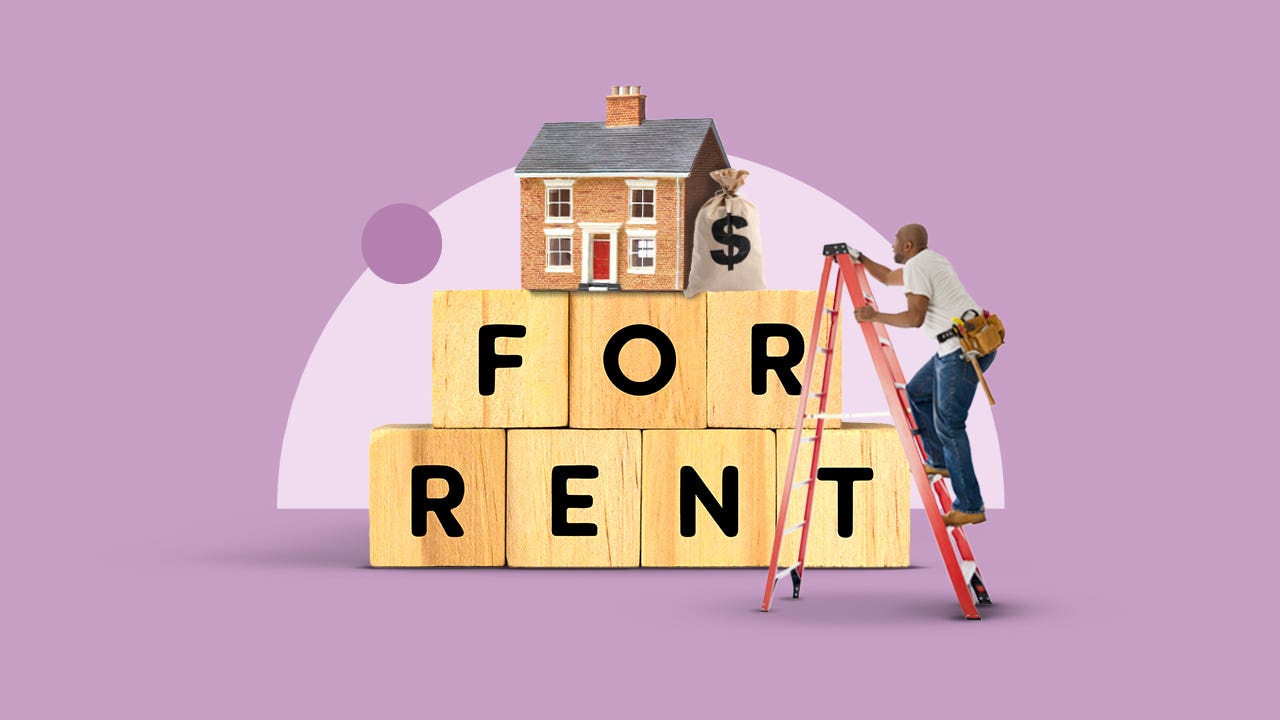Can You Refinance a Home Equity Loan into a Mortgage

Of course, among the many financial planning strategies available, which help homeowners get better control over their debts, refinancing is one of the most popular. Among other puzzling questions that people are curious about is whether it would be possible to refinance a home equity loan into a mortgage. Analyzing this process can become the basis for new opportunities for homeowners looking for ways to readjust their financial strategies.
What Do You Know About Home Equity Loans and Mortgages?
Let’s discuss refinancing, but we need to look at what home equity loans and mortgages are first.Home Equity Cash out some equity you can claim from the value of your own home. Equity is your home’s market value minus the remaining balance you have on your mortgage. Home equity loans have a planned interest rate and repayment terms. You pay a certain amount every month to pay off the loan.In the United States, a mortgage is a loan to purchase a house. Most mortgages have much longer, 15- to 30-year, fixed periods and can be either fixed-rate or variable-rate loans.
Why Refinance Home Equity Loan into a Mortgage?
There are many reasons why homeowners might want to refinance a home equity loan into a mortgage. If interest rates have dropped since you made your home equity loan, refinancing can bring a lower rate, meaning lowering all of your monthly payments. Paying off the home equity loan with the primary mortgage in one loan makes your finances easier to maintain because it unifies multiple payments into one. For instance, you can shift from an adjustable-rate to a fixed-rate mortgage so that you know exactly how much to pay; you could also change the repayment period depending on your prevailing financial situation.You can use it to access cash because when the value of your house appreciates, you get money for home renovations or any other expense.
Review your current financial situation
Before you start refinancing, weigh your situation. Is that person still in good standing? Check the credit score, debt-to-income ratio, and how much equity you have for the house. Most of the lenders require an equity percentage of at least 20%. Compare Lenders and Rates Once you understand your circumstance, start looking for a lender and his offer. Compares rates; interest can differ much between lenders more than any other type of loan. Compare terms and fees. The silver lining is that specific lenders specialize in home equity loan refinancing.
Apply for Refinancing

Now that you have made your choice, you must formally apply for refinancing. The process usually requires the following documents:
- Proof of income (pay stubs, tax returns)
- Bank statements
- Information on your current loans and debts
- The Details of your property
Home Appraisal
For home loan San Diego, the lender might request an appraisal of your property’s market value. That will determine how much you can borrow and basically what your new mortgage will have to offer. At the same time, you receive your loan estimate of how this new loan will be structured, including the interest rate, monthly payment, and other fees associated with this new loan. Review these estimates with some care and compare them to your home equity loan that you pay for now.
Closing the Loan
If you agree to the terms, you’ll pay off the loan. Paying off a loan typically involves some paperwork and any fees charged for the closing. Look for any prepayment penalty on any current home equity loan that may add to your cost. Advantages and Disadvantages of Refinancing a Home Equity Loan into a Mortgage Any kind of financial decision, like for example refinancing a home equity loan into a mortgage, has some pros and cons attached to it. Here are some of the important considerations:
Benefits
If you get a lower interest rate, your monthly payments will be lower, releasing some pressure from the finances. With such consolidation of your loans, your finances will eventually be streamlined, meaning you won’t have to work out as many disbursements. Where there is equity in the property, financing can allow cash for other purposes, including home improvements or debt consolidation.
Drawbacks
Any refinanced loan will carry some closing costs, which can sometimes run as high as 2% to 5% of the loan amount. Perhaps the best definition for these fees is that they can obliterate any kind of saving you may enjoy because you are refinancing. While your monthly payment may be less expensive, an extended term on the loan also means you will pay out a great deal more in interest over the life of your loan than you originally planned. If you are refinancing to get more money, the amount you have lost in equity due to the refinance can be huge if the property market is falling. When Refinancing May Not Be the Best Strategy
Conclusion
Many homebuyers opt to refinance a home equity loan to eliminate it with a mortgage. But take your time reviewing your financial situation, research potential lenders, and weigh the pros and cons before you start down this path. Arm yourself with proper knowledge of refinancing and its repercussions to make a decision that fits your long-term financial goals.


